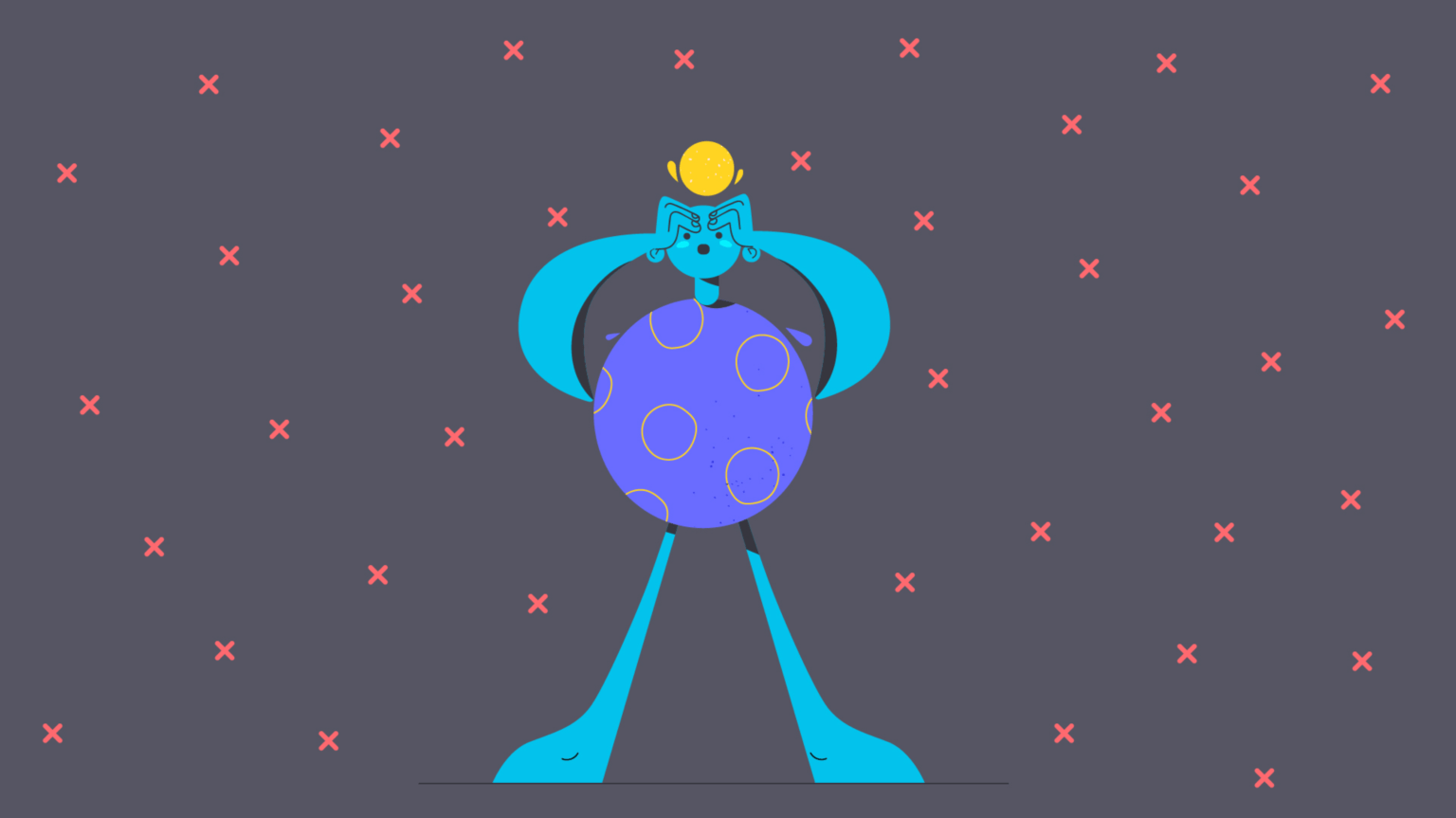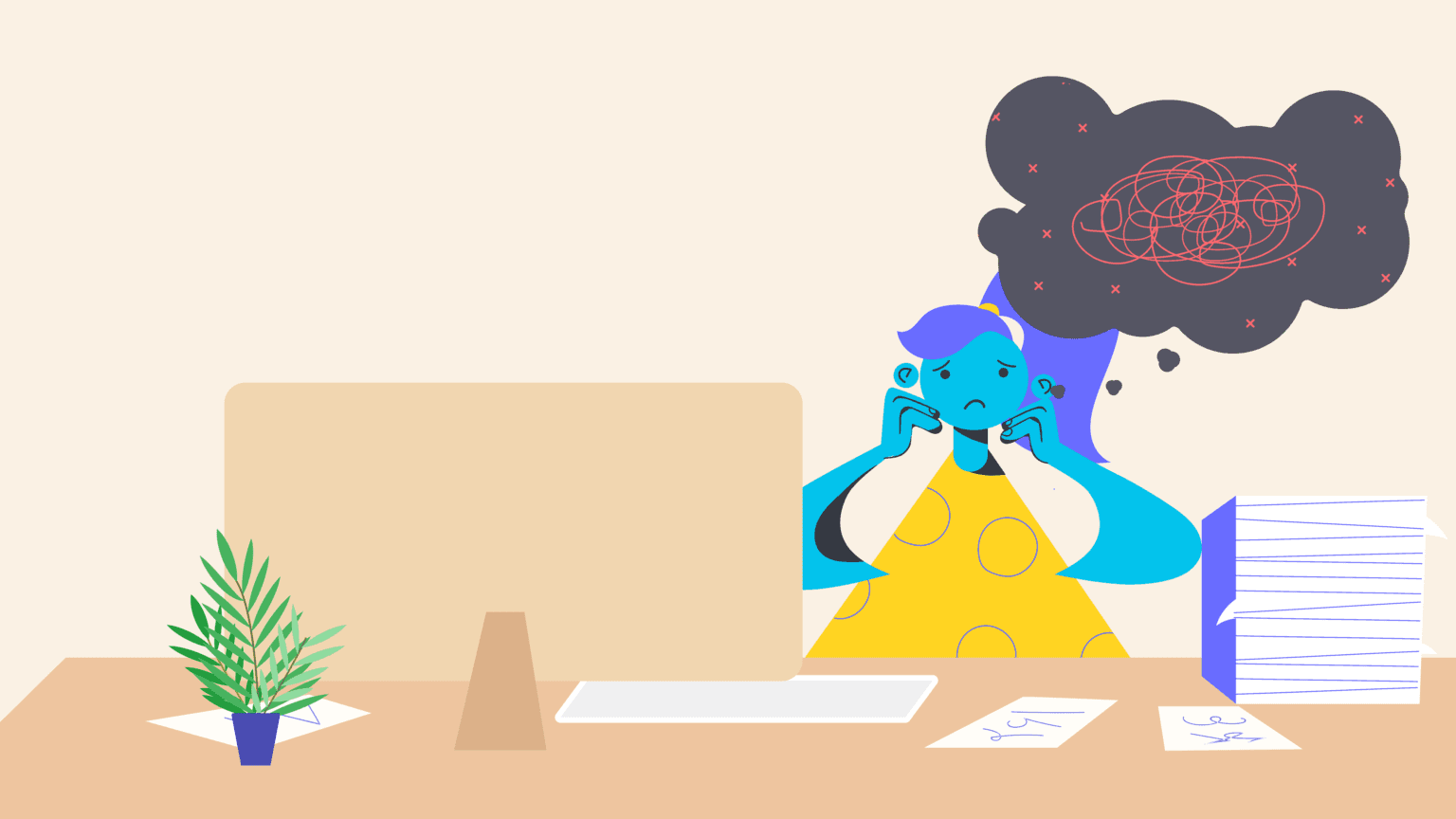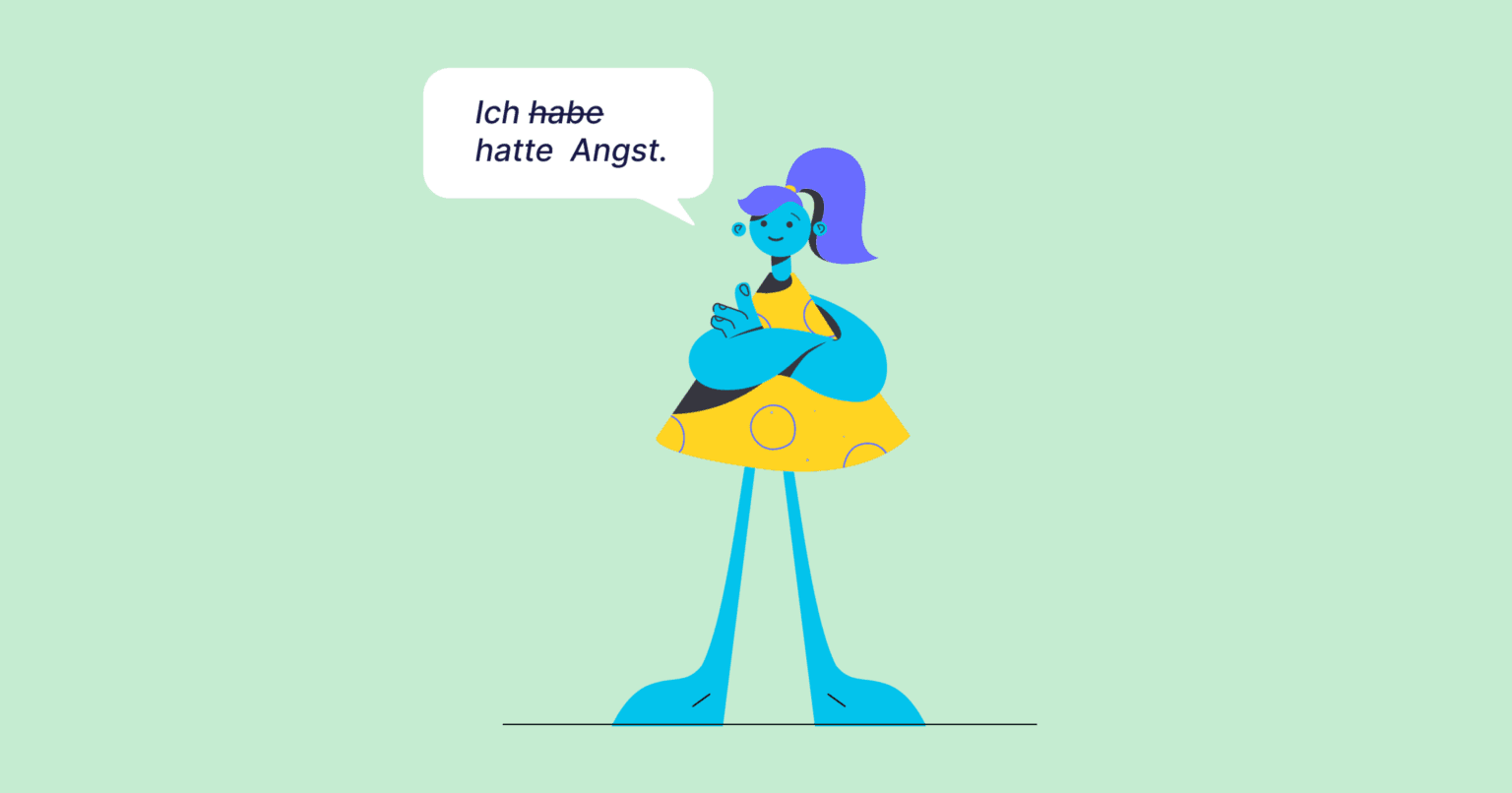What to Do During a Panic Attack?

When we experience a panic attack, we tend to fight it with all our might. Learn in this article what you should do in the event of an acute panic attack.
When we experience a panic attack, we tend to fight it with all our might. We use distractions and safety behaviors. Unfortunately, this often causes a panic attack to last even longer than if we simply let it happen. Learn in this article what you should do in the event of an acute panic attack.
Recognizing a Panic Attack
A panic attack is often triggered by perceived symptoms such as a racing heart, sweating, trembling, shortness of breath, a feeling of choking, chest pain, nausea, and dizziness. Some people also experience a fear of dying or a general fear of losing control.
So, what should we do during an acute panic attack?
You often come across tips on the internet about panic attacks that recommend methods such as deep breathing, relaxation, distraction, or positive self-talk.
While these can be helpful for alleviating general anxiety, they can actually be counterproductive during repeated acute panic attacks.
The key here is: Conscious Non-Action
Our body has the wonderful ability to regulate itself completely on its own after being thrown out of balance. Even though it absolutely doesn’t feel that way during an acute panic attack.
We feel as though the panic will never end and that we must actively do something to stop it. Physiologically, however, it is impossible for our body to remain in such a high state of arousal for very long—usually a maximum of 10 minutes.
We need to relearn to trust our body. Our fear will indeed calm down on its own.
Tips and Tricks
Acknowledge and Accept: The first step is to recognize and accept the panic attack. Avoid trying to fight it, as this often worsens the fear.
A Safe Space: If possible, move to a quiet place where you can relax and focus.
A Trusted Person: It can help to have specific trusted people to turn to. This could be a friend or colleague who can support you with their presence during a panic attack.
Learn more in the blog article "Reducing Anxiety and Panic in the Long Term" about why distractions and safety behaviors contribute to the long-term manifestation of anxiety and panic, and what you can do about it.
Immediate Help: Strategies for Improvement
Learn how, in addition to traditional psychotherapy, you can also use digital tools for immediate assistance on our website. Mindable: Panic & Agoraphobia is an evidence-based app for people with panic disorders and agoraphobia. Through texts, videos, and exercises, you’ll learn to understand your panic attacks and overcome your fears.
Mindable: Panic & Agoraphobia is even free for you because it is fully covered by health insurance—learn more here.




